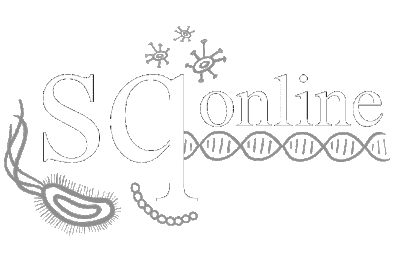By Oliver Engel | Blogger | SQ Online (2013-2014)
When you hear the term “eugenics,” you probably think of the barbaric practice of racial purification that has, for the most part, ceased to exist as an institution in today’s world.
That’s exactly what I thought, too. But surprisingly, eugenics is still alive and well in our society, appearing under many guises and “backed” by more biology than ever.
Let’s start off with the basics: eugenics is defined as the “study of methods to improve the human race by controlling reproduction.” In other words, it replaces natural selection with artificial selection, much like what with do with, for example, dog breeds. And we all know the horrific manifestations of eugenics that were prevalent especially in the 20th century, the type of practice we think about when we discuss eugenics. However, with all the advents of modern technology and increased biological knowledge, society has ushered in a new era of eugenics through practices like birth control, genetic counseling, and genetic engineering. Northwestern University has an interesting article on modern eugenics here.
This clip from the movie GATTACA envisions a society in which genetic engineering completely controls reproduction.While these three practices might not sound like eugenics, they are all focused on improving the human race. Birth control methods prevent people from having offspring that they may not be capable or ready to handle, thus attempting to limit the population to only those that can be raised “correctly” and later on contribute to society. Forbes has an in-depth article discussing some of the different manifestations of eugenics here.
Genetic counseling is very similar in terms of what it attempts to prevent. The golden age of genetic innovation has brought about tests that allow people to know if their child will be afflicted by some genetic disease before it is even born, giving the parents an opportunity to decide whether they want to bring a child into the world that may be disadvantaged from birth.
Genetic engineering is a more recent advancement that has two different sides: positive genetic engineering and negative genetic engineering. Negative genetic engineering is the process of “modifying or removing genes to prevent or treat genetic disease,” which of course sounds like a great thing for society in general. The other side is much more dystopian: positive genetic engineering is “genetic modification with the intention of enhancing an individual or their progeny.” This is the very core of what eugenics aims to do–and it’s shockingly faster and is an actual scientific possibility.
My point with today’s post was not to be provocative, but rather to illustrate the magnitude of the connection between biology and society. Pure biological fact is not constant throughout generations: society interprets and applies biology as it sees fit, and the repercussions of biological knowledge are therefore ever-changing. As biology students, we’re going to be making the next big scientific discoveries, and we have to realize that there will always be something beyond the raw science. Our society is obsessed with science–every media outlet sensationalizes research papers, governments generate legislation based on new discoveries, and even regular people consistently cite science that they read about on the Internet (which may or may not be true–I’m looking at you, Jenny McCarthy!).
This is a powerful revelation for those of us who will one day be in the science field: we have the power to change just about anything. But with great power comes great responsibility, especially with all of our modern technology and ability to discover and innovate. Today we scoff at the beliefs of scientists of just the last century, and I’m sure that in a hundred years, scientists will be laughing at us (“they used to use radiation and cytotoxic drugs to combat cancer?!”). While I might seem a bit dramatic, I think it’s a worthy concept to keep in mind that hard science and society are inseparably entwined, and are both influenced heavily by one another.
Sources / Additional Reading
Northwestern University discussion of modern eugenics
Clip from the movie GATTACA: “Visiting the local geneticist”
Forbes discussion of the different manifestations of modern eugenics

